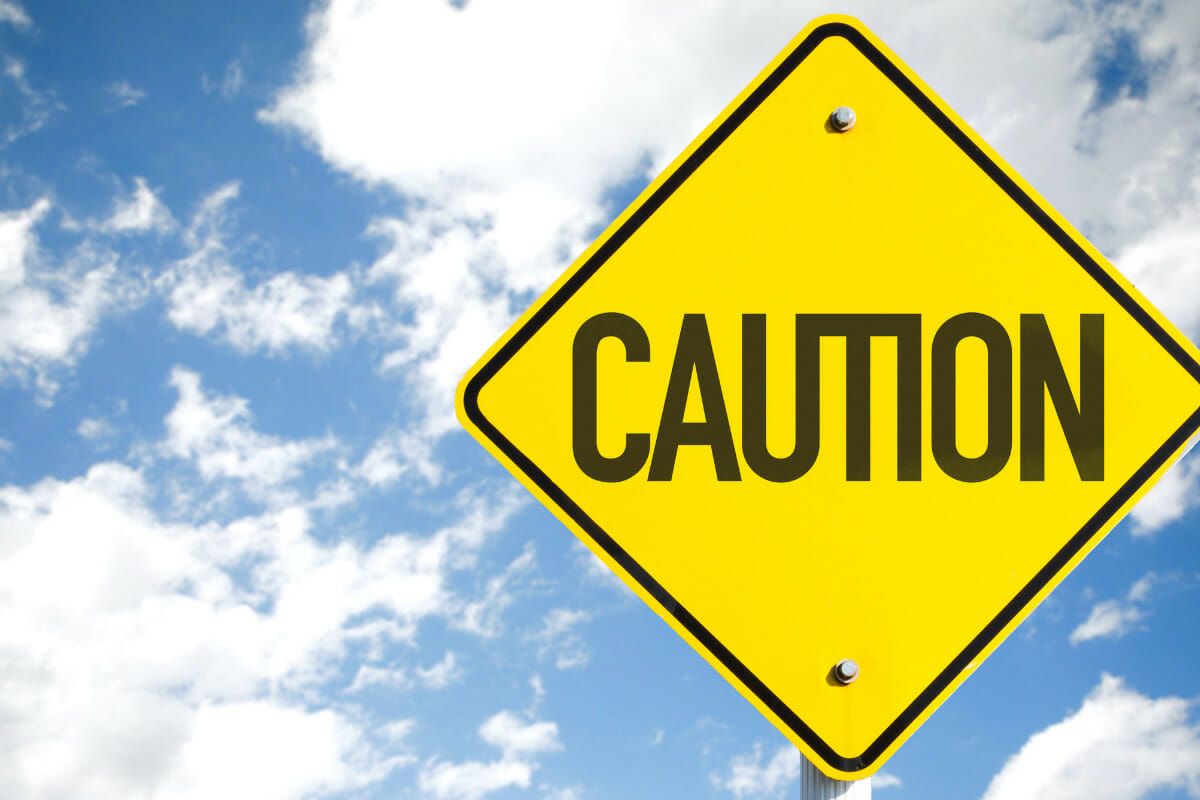Addiction relapse occurs when individuals return to alcohol, opiates, or any other addictive substance. No matter how many years an individual with a substance use disorder has lived substance-free, there is always the potential for relapse. In fact, the relapse rates for addiction are very similar to conditions such as diabetes, hypertension, and other chronic diseases.1 Read on to learn the signs of addiction relapse.
5 Telltale Signs Of Addiction Relapse
Addiction relapse is particularly dangerous for individuals that abstained from drugs for an extended period. This is because their bodies no longer possess the level of tolerance for drugs that they might have had in the past and can more easily overdose from the substance.
Because of this, understanding the signs of addiction relapse is essential to understand for individuals to get the support towards recovery that they deserve. Here are five critical signs to be mindful of that an addiction relapse is currently occurring or is closely on the horizon:
#1: Declining Mental Health
There is no denying the link between mental health disorders and substance use. Statistically speaking, 37.9% of the 20.3 million adults with a substance use disorder also struggle with a mental health condition such as depression, bipolar disorder, post-traumatic stress disorder, or anxiety.2 Since mental health disorders are intrinsically linked to addiction, poor mental health can increase one’s risk of relapse.
#2: Denying or Romanticising Prior Addiction
Denial that there was ever a problem with substances in the first place is one of the key signs that relapse is on the way. If an individual is considering using again, they may begin to romanticize their past use and deny the dangerous parts of their former behavior. This might look like reminiscing on drug use or justifying harmful past actions.
#3: Negative Changes In Behavior
Negative changes in an individual’s behavior and lifestyle are a telltale warning sign that relapse is on the horizon. Some of the behavioral and lifestyle changes that could be pointing to relapse include:
- The avoidance of AA meetings, recovery support groups, and other spaces that assist with sobriety
- Reconnecting with individuals that enabled the addiction, supplied the drugs, or participated in drug use with the individual in recovery
- Returning to places in which drug use was prevalent and accepted
- Refraining from spending time with friends, family and avoiding other work or social responsibilities
#4: Heightened Stress Levels
Whether it’s from financial problems, family struggles, or another issue, stress can easily trigger an addiction relapse. When the stressors of life become unbearable, individuals might feel more tempted to turn to drugs once again to cope with their stress levels. Overall, a plethora of evidence has found the link between stress and relapse. Studies have shown that the neural circuits associated with anxiety and emotions can overlap with drug reward systems in the brain.3
There are common triggers besides stress that can cause a person to relapse. These triggers may vary from person to person so while in treatment, it’s important to learn how to recognize your personal triggers for substance use.
#5: Display of Physical Drug Addiction Symptoms
If someone has made it past solely contemplating drug use, they are bound to begin showing physical symptoms of drug use or withdrawal. This is one of the easiest ways to tell if someone has fully relapsed from their addiction. Some examples of substance use symptoms include, but are not limited to:
- Red eyes
- Slurred speech
- Poor coordination
- Dilates pupils
- Sweating or shaking
- Agitation
- Increased heart rate
- Nausea or vomiting
How To Cope With An Addiction Relapse
Whether it is a one-time mistake or a longer-term relapse, it is essential to remember that relapse is not a permanent failure and is a common part of the recovery journey. Individuals should never feel ashamed for relapsing from addiction but should instead seek help to prevent future relapses from occurring. Drug addiction professionals have the training to safely provide support before, during, or after a relapse.
Recovery Is Possible With Silver Sands Recovery
If you find yourself or a loved one struggling with an addiction relapse, Silver Sands Recovery is here to help. Silver Sands Recovery, drug rehab center in Arizonaoffers individuals their best shot at a substance-free future with a specialization in chronic relapse. To learn more about our wide range of addiction treatment programs, contact our team of compassionate professionals today.
Sources:
[1] https://d14rmgtrwzf5a.cloudfront.net/sites/default/files/675-principles-of-drug-addiction-treatment-a-research-based-guide-third-edition.pdf
[2] https://www.drugabuse.gov/drug-topics/trends-statistics/infographics/comorbidity-substance-use-other-mental-disorders
[3] https://www.ncbi.nlm.nih.gov/pmc/articles/PMC3788822/
About the author:

Lisa Waknin is the Founder and Director of Silver Sands Recovery, located in Prescott, Arizona. Lisa started Silver Sands Recovery after immersing herself in the addiction treatment world for several years to figure out what could be done differently to help her daughter and others like her to overcome addiction and stay sober. She believes in a hands-on treatment approach, which includes taking someone out of their environment, providing a 90-day program in a structured environment. During treatment, clients not only recover physically but also learn to live their life again. Lisa is a sought-after expert speaker for recovery support groups, charities, schools, communities, and companies wanting to educate themselves on the explosion of opiate and heroin abuse in our country and the best way to understand, treat, and beat it.





